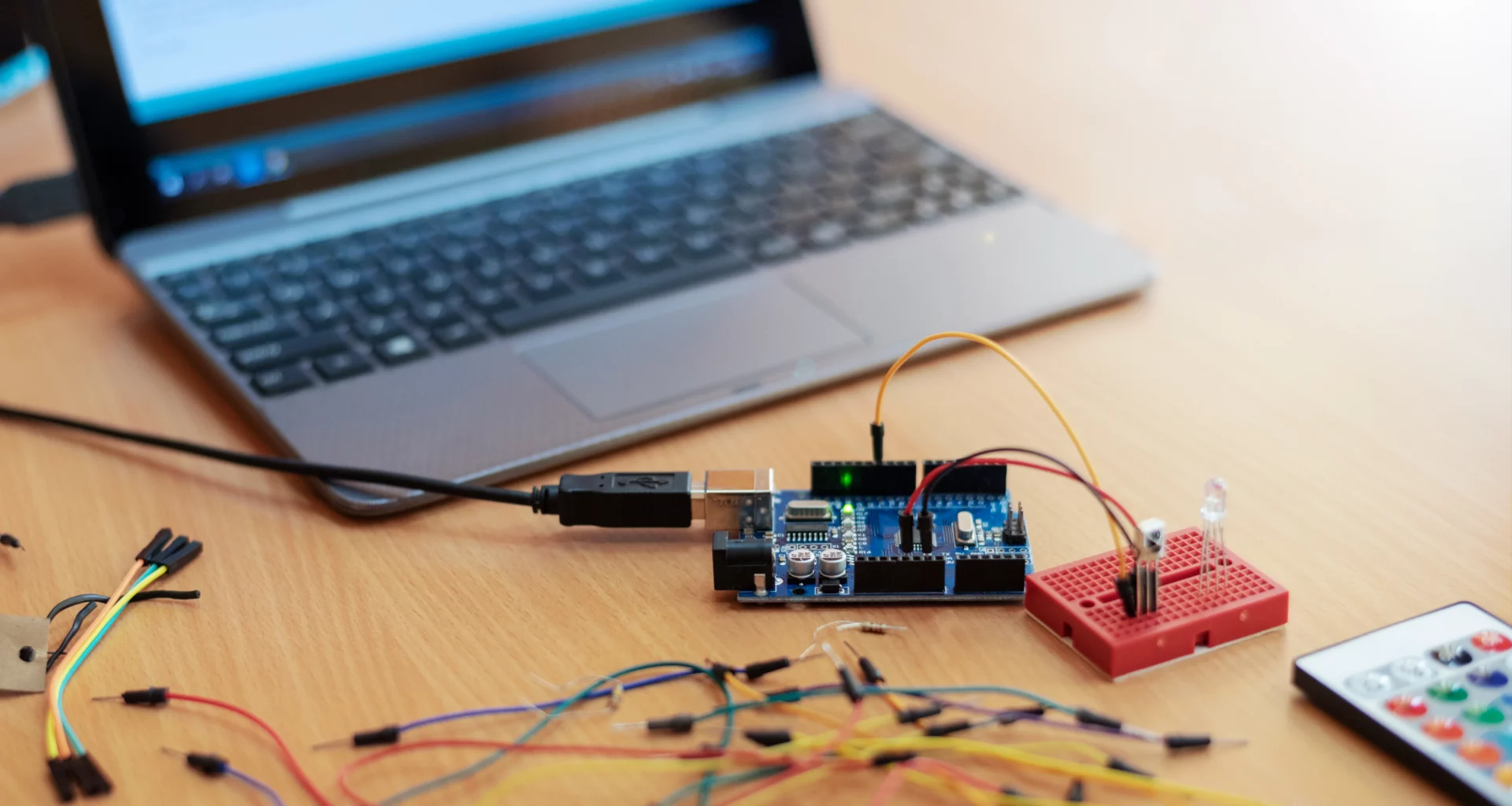If you’re into cryptocurrency, chances are you’ve heard of the Raspberry Pi. The tiny, affordable computer has been used in all sorts of interesting projects, including everything from building a retro gaming console to creating your own personal NAS.
But did you know that the Raspberry Pi can also be used for cryptocurrency projects? That’s right – with a little bit of time and effort, you can use your Raspberry Pi to mine Bitcoin, build a cryptocurrency wallet, and even set up your own node.
In this article, we’ll show you seven different crypto projects you can build on Raspberry Pi. With each project, we’ll provide a brief overview of what it is and how it works through Raspberry Pi.
What is Raspberry Pi?
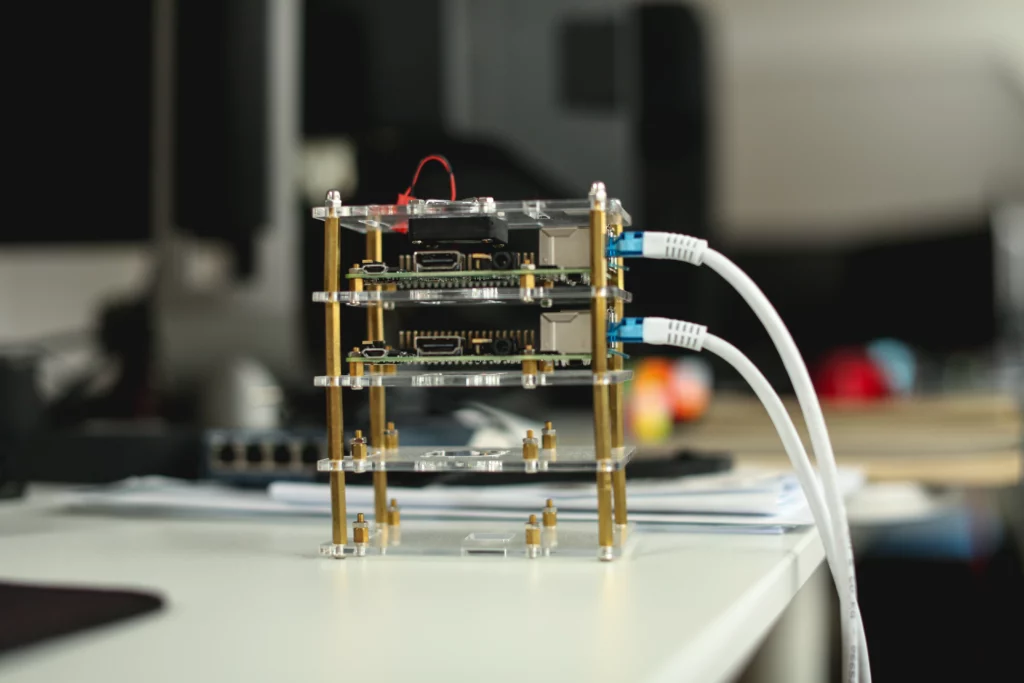
Raspberry Pi is a credit-card-sized single-board computer that was developed in the United Kingdom by the Raspberry Pi Foundation to promote the teaching of basic computer science in schools and developing countries.
It is the perfect tool for getting started in the world of cryptocurrency and blockchain. Not only is it affordable, but it’s also easy to use and set up.
Now that we have a brief understanding of what is Raspberry Pi, let’s move on and explore the seven different crypto projects you can build on it.
Project 1: Bitcoin Mining
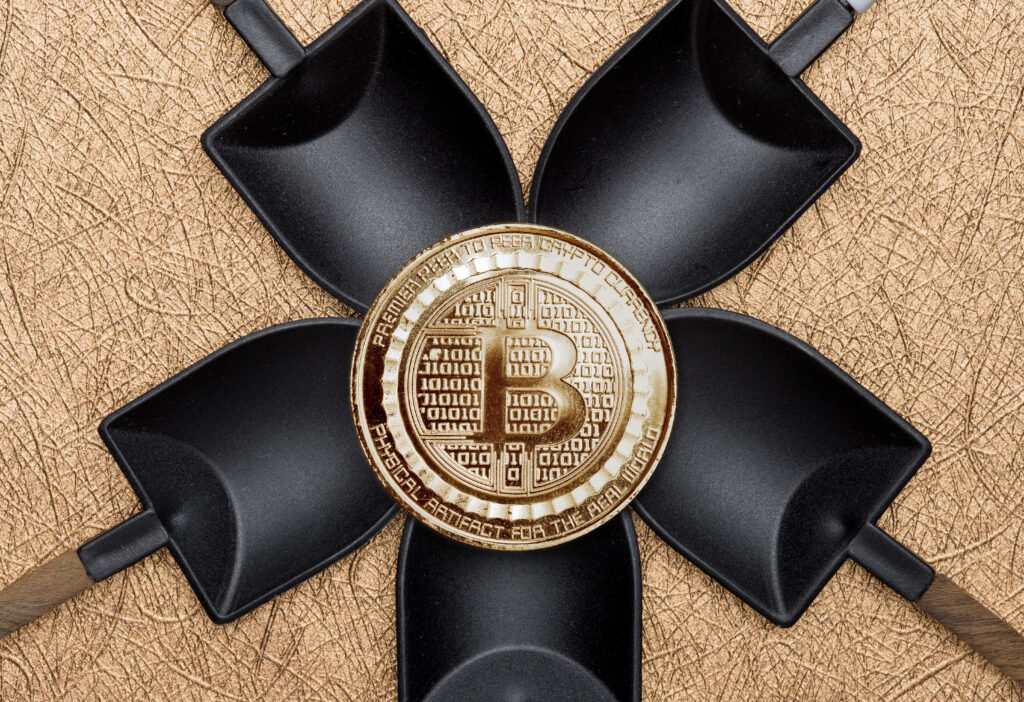
Bitcoin mining is the process of verifying and adding transaction records to the public ledger (the blockchain). This ledger of past transactions is called the blockchain as it is a chain of blocks. The blockchain serves to confirm transactions to the rest of the network as having taken place. Bitcoin nodes use the blockchain to differentiate legitimate Bitcoin transactions from attempts to re-spend coins that have already been spent elsewhere.
Through Raspberry Pi, you can set up your own Bitcoin mining rig. By doing so, you’ll be able to earn Bitcoin rewards for every block that you help to verify. Also, since the Raspberry Pi is a low-power device, you’ll save on electricity costs as well.
To set up your own Bitcoin mining rig, you’ll need the following:
-A Raspberry Pi 3 Model B or B+
-A USB Bitcoin miner
-A power supply for the Raspberry Pi
-An SD card with the Raspbian OS installed
Once you have all of the above, you can follow online tutorials to get started with your Bitcoin mining rig with Raspberry Pi.
Project 2: Cryptocurrency Wallet
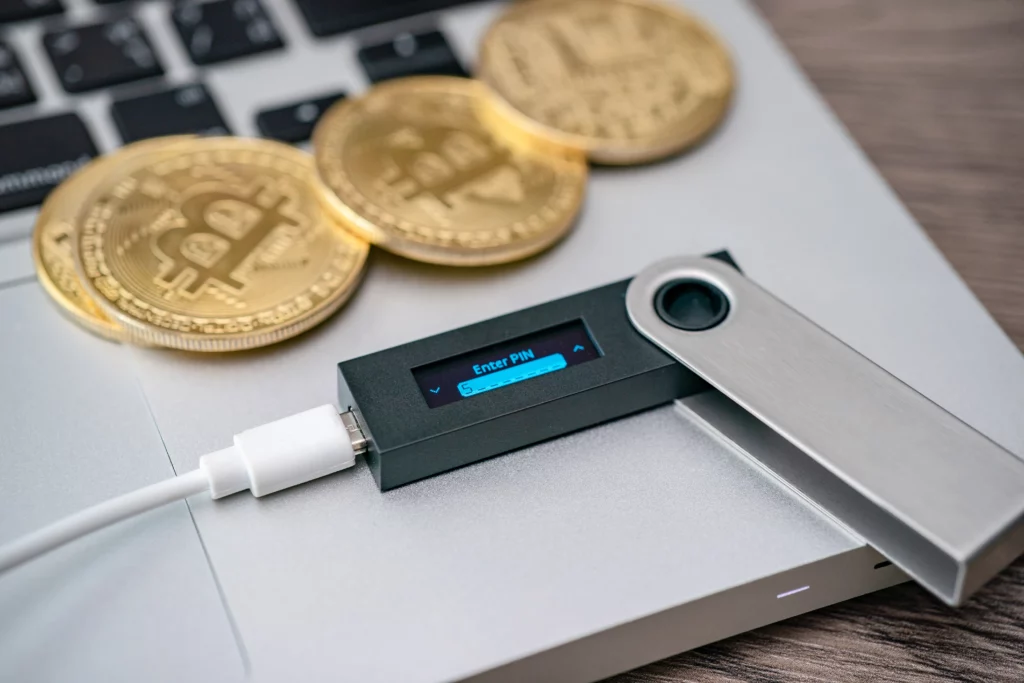
A cryptocurrency wallet is a digital wallet that can be used to store, send, and receive digital currencies. Cryptocurrency wallets are analogous to physical wallets, but they store digital instead of fiat currency.
With a Raspberry Pi, you can create your own cryptocurrency wallet that can be used to store, send, and receive digital currencies. You’ll need to set up a Bitcoin or Ethereum wallet first, and then you can use your Raspberry Pi to store the coins.
Project 3: Cryptocurrency Price Ticker

A cryptocurrency ticker is a software application that displays the current prices of various cryptocurrencies. Cryptocurrency tickers can be used to track the prices of multiple cryptocurrencies in real time.
With a Raspberry Pi, you can create your own cryptocurrency ticker that displays the current prices of various cryptocurrencies. You can use the ticker to track the prices of multiple cryptocurrencies in real time and even set up price alerts. Also, since the ticker is powered by a Raspberry Pi, it is very portable and can be taken with you wherever you go.
Project 4: Blockchain Explorer

A blockchain explorer is a software application that allows you to view the contents of the blockchain. Blockchain explorers can be used to view the transaction history of a particular address, view the balance of a particular address, and even view the contents of a particular block.
With a Raspberry Pi, you can create your own blockchain explorer. You can use the explorer to view the transaction history of a particular address, view the balance of a particular address, and even view the contents of a particular block.
Project 5: Bitcoin Node
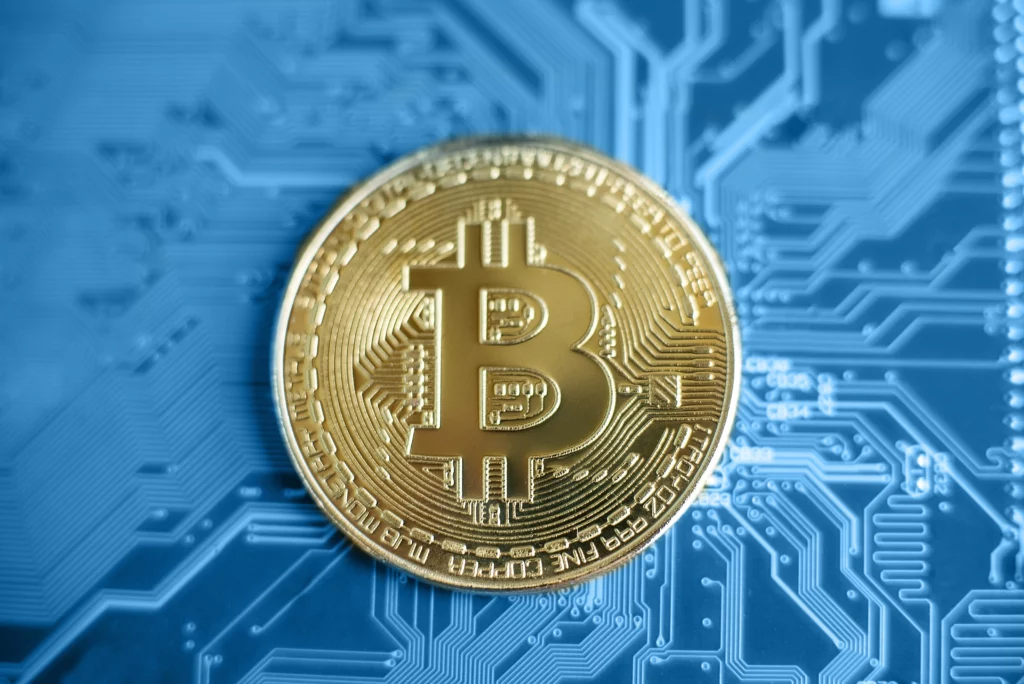
A Bitcoin node is a computer that stores a copy of the Bitcoin blockchain and helps to validate and relay transactions. Bitcoin nodes help to keep the Bitcoin network secure and provide a level of decentralisation.
With a Raspberry Pi, you can create your own Bitcoin node. As a result, you’ll contribute to the security and decentralisation of the Bitcoin network.
Project 6: Ethereum Node

An Ethereum node is a computer that stores a copy of the Ethereum blockchain and helps to validate and relay transactions. Ethereum nodes help to keep the Ethereum network secure and provide a level of decentralisation.
With a Raspberry Pi, you can create your own Ethereum node. By doing so, you’ll help to keep the Ethereum network secure and provide a level of decentralisation.
Project 7: Lightning Network Node
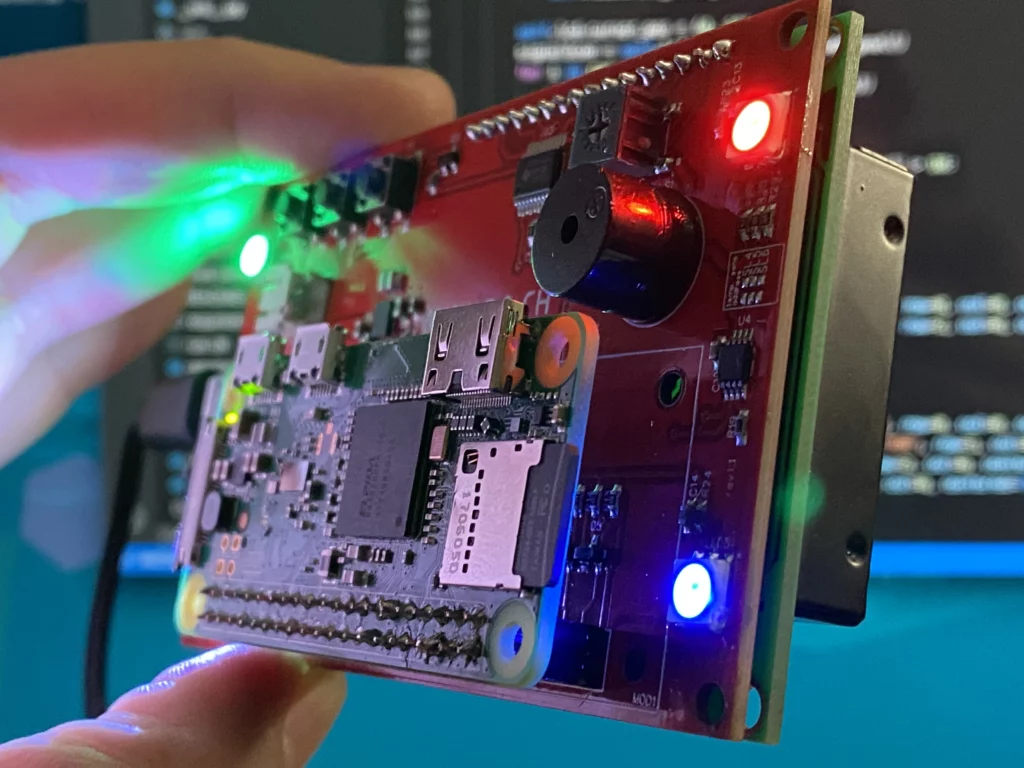
The Lightning Network is a second-layer payment protocol that runs on top of the Bitcoin blockchain. Lightning Network nodes help route payments and keep the network secure.
With a Raspberry Pi, you can create your own Lightning Network node. By doing so, you’ll help to route payments and keep the network secure.
By now you should be familiar with what a Raspberry Pi is and some of the many crypto projects you can build on it. We only discussed a few of the many crypto-related projects that you can build on Raspberry Pi.
With a little bit of creativity, you can come up with even more ideas. So, if you’re looking to get started in the world of cryptocurrency, then a Raspberry Pi is a great way to do it. Not only is it a low-cost and low-power device, but it’s also easy to use and set up.
Access On-Chain Data With RockX
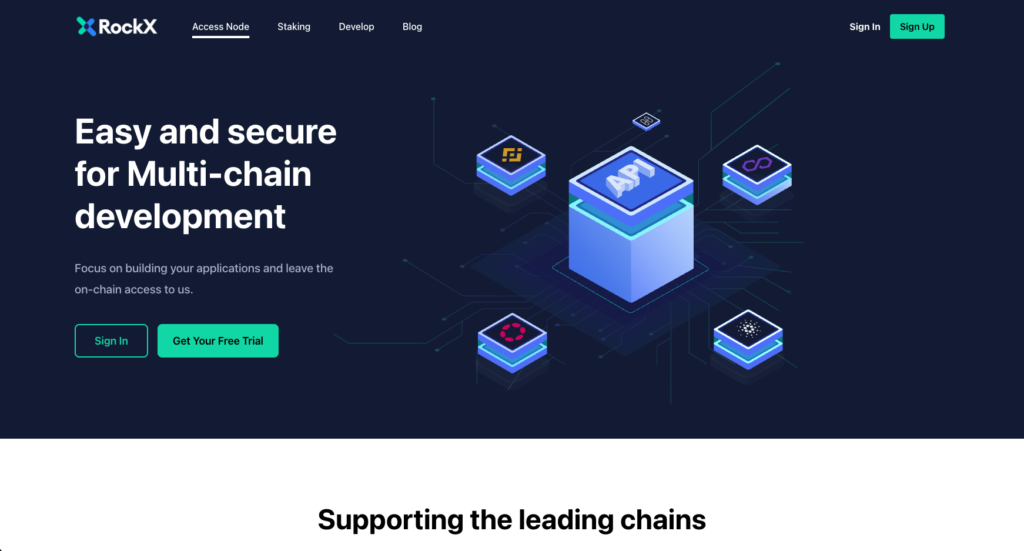
Getting started building on the blockchain? If you need to access on-chain data, RockX has an easy-to-use access node API portal. With both free and paid access available, anyone can use these access nodes to pull on-chain data.
Whether you need an access node for wallet transactions, tracking, or simply raw data for analytics, you can do all that and more through RockX’s access node API portal. Try it for free today!





